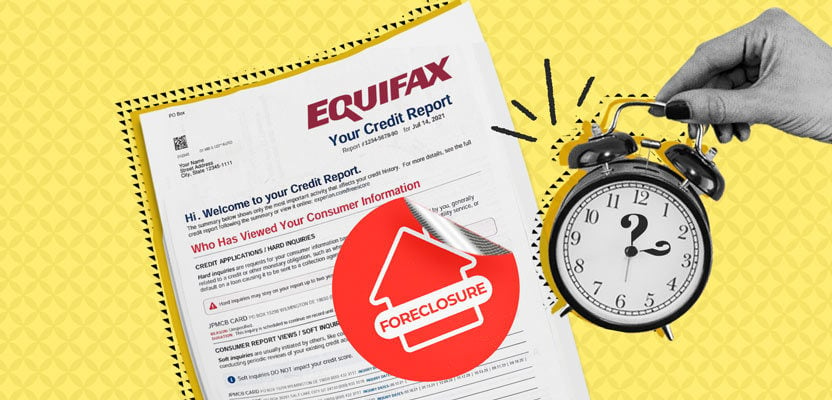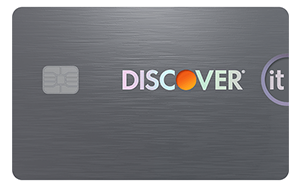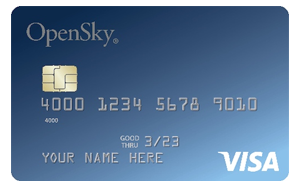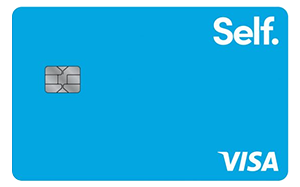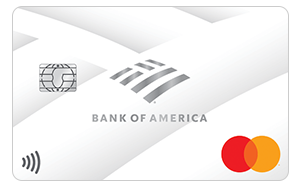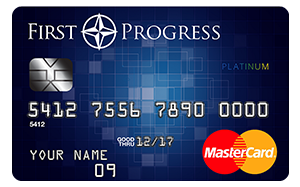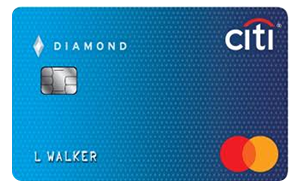Table of Contents
How long do foreclosures stay on your credit report?
A foreclosure will stay on your credit report for seven years, starting from the date of the first related delinquency (i.e., the date when your first missed payment on the credit account was reported to the credit bureaus). 1
Because a foreclosure counts as a derogatory mark on your credit report, it will usually cause a major drop in your credit score.
How foreclosures on your credit report work
To get a mortgage, you usually have to use your home as collateral, which means that your lender can take back ownership of your home if you go into default (miss multiple payments). This process, known as foreclosure, is a form of repossession.
By law, your lender can’t start the legal process of foreclosure until you’re more than 120 days behind on your mortgage payments. 2 How the foreclosure is handled after that period differs from state to state. Contact your state attorney general’s office to find out how much time you have before your lender can seize your home.
How much does a foreclosure affect your credit score?
Unfortunately, foreclosure has a very damaging effect on your credit score. Estimates for the number of points you could lose vary among scoring models, but they reach up to 125 points (in VantageScore models) and 160 points (in FICO models). 3 4
With that said, how much a foreclosure will impact your credit score largely depends on your original credit score. Negative items like foreclosures generally have a greater impact if your credit score was relatively high to begin with. Scores that are already somewhat damaged are less affected. 3
How long does a foreclosure affect your ability to buy a house?
Having a foreclosure on your credit report can affect your ability to buy a house for several years. Some lenders might refuse to give you a mortgage loan until the foreclosure has dropped off your credit report completely, whereas others may just offer you unfavorable loan terms, like a high interest rate.
Here’s how long you’ll probably need to wait before you can get another mortgage:
For most of these loans, you may also be able to qualify for a mortgage sooner if your foreclosure was due to extenuating circumstances, such as a divorce or job layoff. 9
How to remove a foreclosure from your credit report
If you find a foreclosure on your credit report that you don’t think should be there, file a dispute with the lender that reported it and the bureau that published the error. Specify which entry you’re disputing and submit proof to back up your claim.
The bureau usually has 30–45 days to complete an investigation. 10 If they find that the foreclosure was an error, they’ll remove it from your credit reports.
If the bureau doesn’t remove the foreclosure and you’re certain it’s illegitimate, then you can file a second dispute with more documentation. However, you should also consider speaking with an attorney.
How to avoid foreclosure
If your lender has notified you that they intend to foreclose on your home, there are several things you can do to stop the process:
- Reinstate your loan: If you have enough money, you can catch up on your missed payments (plus the interest and any late fees) to reinstate your loan. Lenders aren’t required by law to reinstate your loan in every state, but you can check your mortgage agreement to see if it’s allowed in your contract.
- Negotiate for a repayment plan: If you’ve missed payments on your mortgage (or know that you’re about to), tell your lender sooner rather than later. They might be willing to help you set up a repayment plan, which will enable you to pay back the missed payments over the course of several months to one year.
- Ask for forbearance: You can ask your lender for forbearance, which means you can pay less each month or nothing at all for a certain amount of time. This gives you a chance to get your finances back in order. Forbearance agreements typically last for three to six months, but you can usually apply to extend your forbearance period so that it reaches 12 months. 11
- Refinance your loan: You can reverse a delinquent mortgage loan by refinancing it (replacing it with another loan). However, this is generally only an option if you have a good credit score, which might not be the case if your loan is delinquent. You might also be able to modify the terms of your old loan by negotiating with your lender.
- File for bankruptcy: Filing for chapter 13 bankruptcy can stop foreclosure proceedings. 12 You’ll start a new payment plan with a chapter 13 trustee, although you’ll need to make all your subsequent payments on time to prevent foreclosure.
- Sell your house: You can also preempt the foreclosure by selling your house yourself. Note that if you sell it for less than the amount you owe on your mortgage (which is possible if you’re forced to make the sale quickly and the housing market in your area isn’t great), you’ll incur another type of negative mark on your credit report, called a short sale. Like foreclosures, short sales stay on your credit report for 7 years, although they’re not as damaging to your score.
Get help from an HUD-approved foreclosure avoidance counselor
You can hire a foreclosure avoidance counselor for free through the Department of Housing and Urban Development (HUD) if you want more financial guidance. You may also qualify for something called a Making Home Affordable loan to refinance your mortgage or reduce your monthly payments.
How to fix your credit after a foreclosure
Fixing your credit after a foreclosure is a long process that can take many years.
In general, you’ll need to take the following steps:
- Pay your bills on time: Your payment history is the most influential factor that goes into calculating your credit score. It accounts for 35% of your FICO score and 40%–41% of your VantageScore, so establishing a record of on-time payments is the best thing you can do to rebuild your credit.
- Keep credit utilization low: If you have high balances on your credit accounts, reducing your credit utilization rate (i.e., the debt-to-credit ratio on your credit cards) can boost your score. 13 According to VantageScore, using less than 10% of your available credit is ideal. 14
- Get a secured credit card or credit-builder loan: It’ll be harder to qualify for new credit after a foreclosure, but you can still get a secured credit card or credit-builder loan, which are specifically designed for people with bad credit scores or no credit history. Making all your payments on time will boost your score in the long term and reestablish your reliability as a borrower.
| Credit Card | Best For | Credit Score | Annual Fee | Welcome Bonus | |
|---|---|---|---|---|---|
| Secured Overall | 300–669 | $0 | Cashback Match | ||
| No Credit Check | 300–669 | $35 | |||
| Beginners | 300–669 | $25 | |||
| No Annual Fee | 300–669 | $0 | |||
| Bad Credit | 300–669 | $49 | |||
| Rebuilding Credit | 300–669 | $0 | |||
A foreclosure has a severe, long-lasting effect on your credit. However, like all negative marks on your credit report, it’ll become less harmful over time and eventually be wiped off your report entirely.
In the meantime, educate yourself on how credit works, monitor your credit reports, and responsibly manage your open accounts to ensure that your score continues to recover.
Takeaway: A foreclosure will stay on your credit report for seven years.
- Your credit score will take a major hit if your mortgage lender forecloses on your home and reports the foreclosure to the credit bureaus.
- How long a foreclosure stops you from getting another mortgage depends on the type of mortgage you’re applying for. You usually need to wait three to seven years.
- To remove an illegitimate foreclosure from your credit report, send a dispute letter to the lender that reported it and the bureau that published the error.
- You may be able to avoid foreclosure by asking your lender for a new repayment plan or forbearance. You can also reinstate or refinance your loan to bring it out of default.
